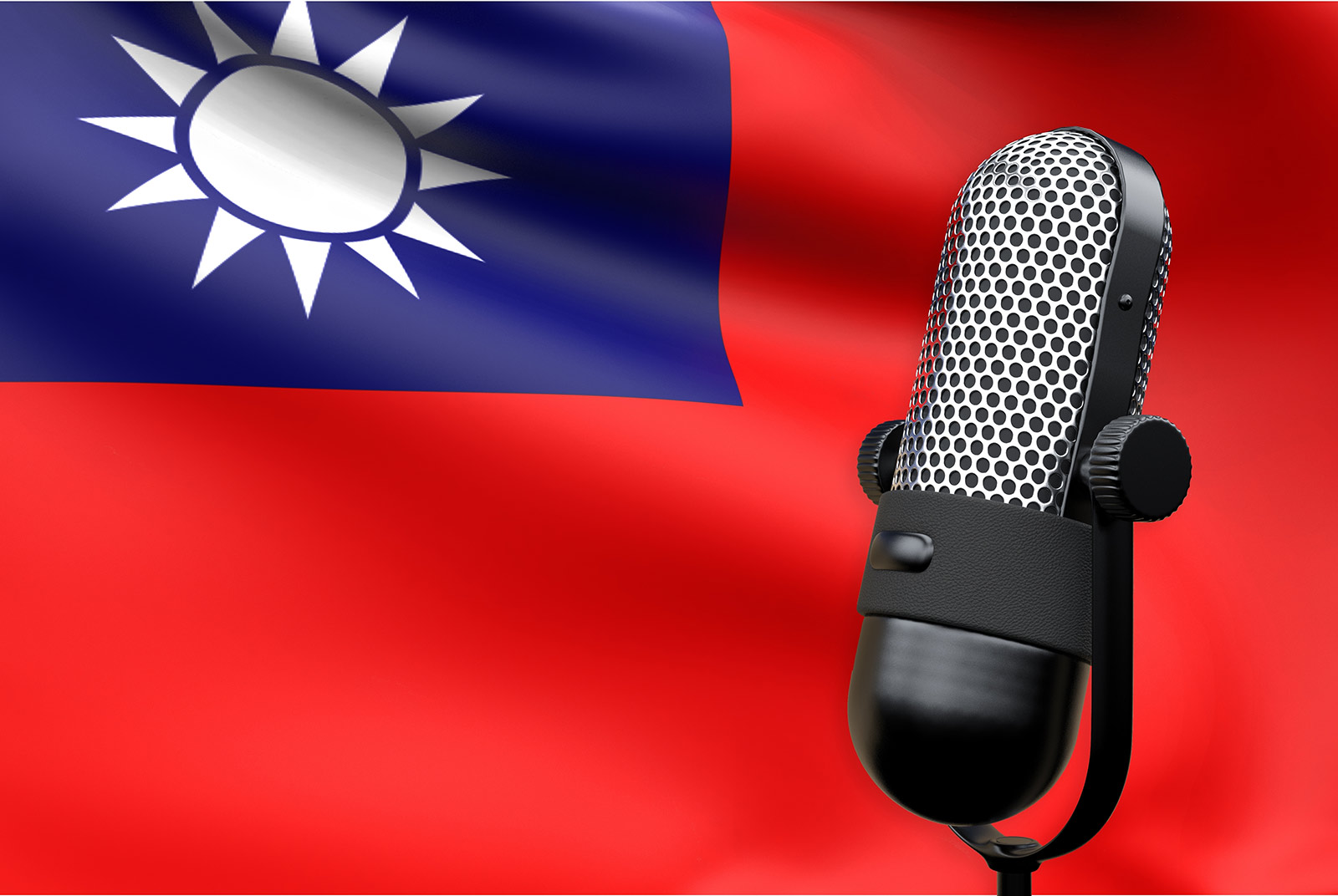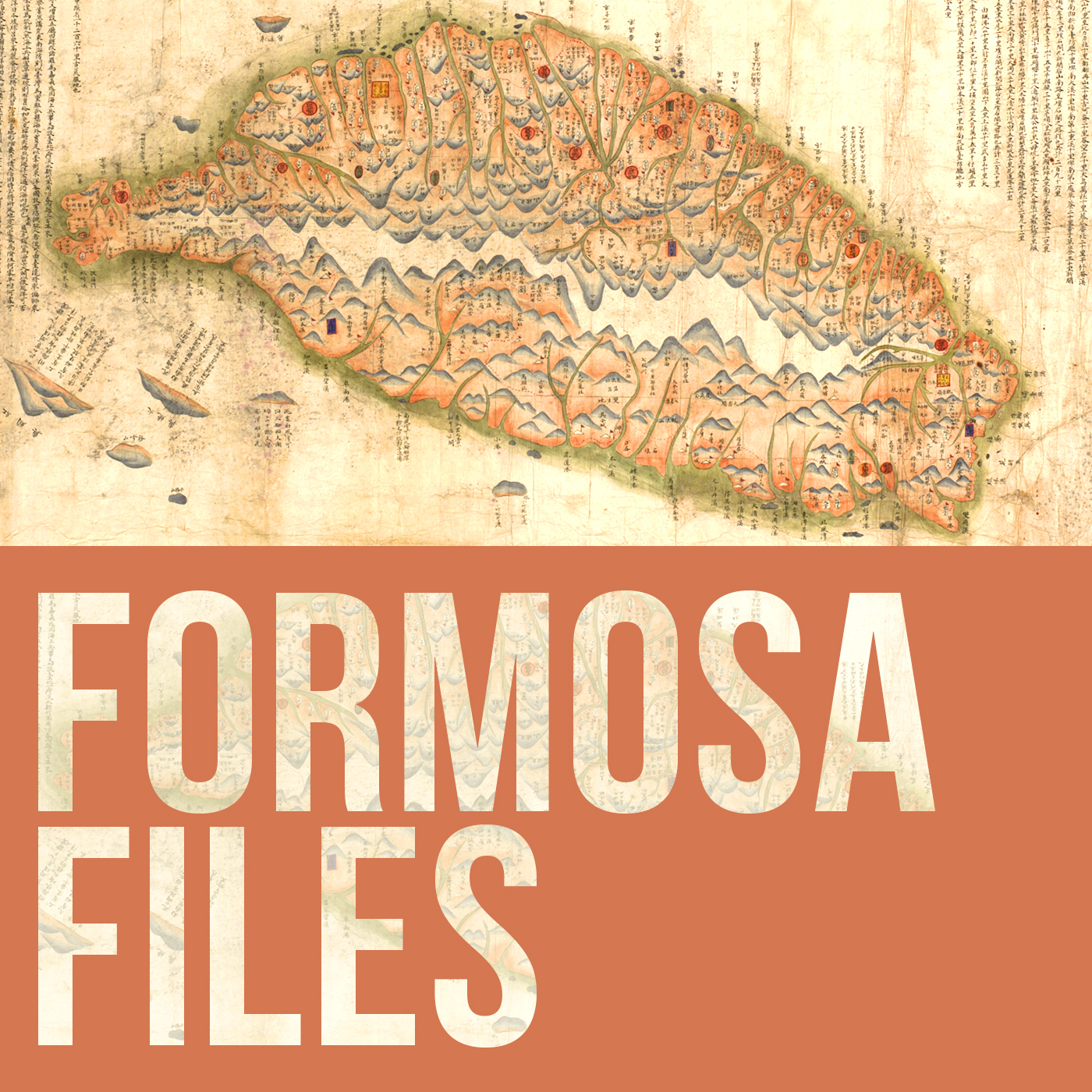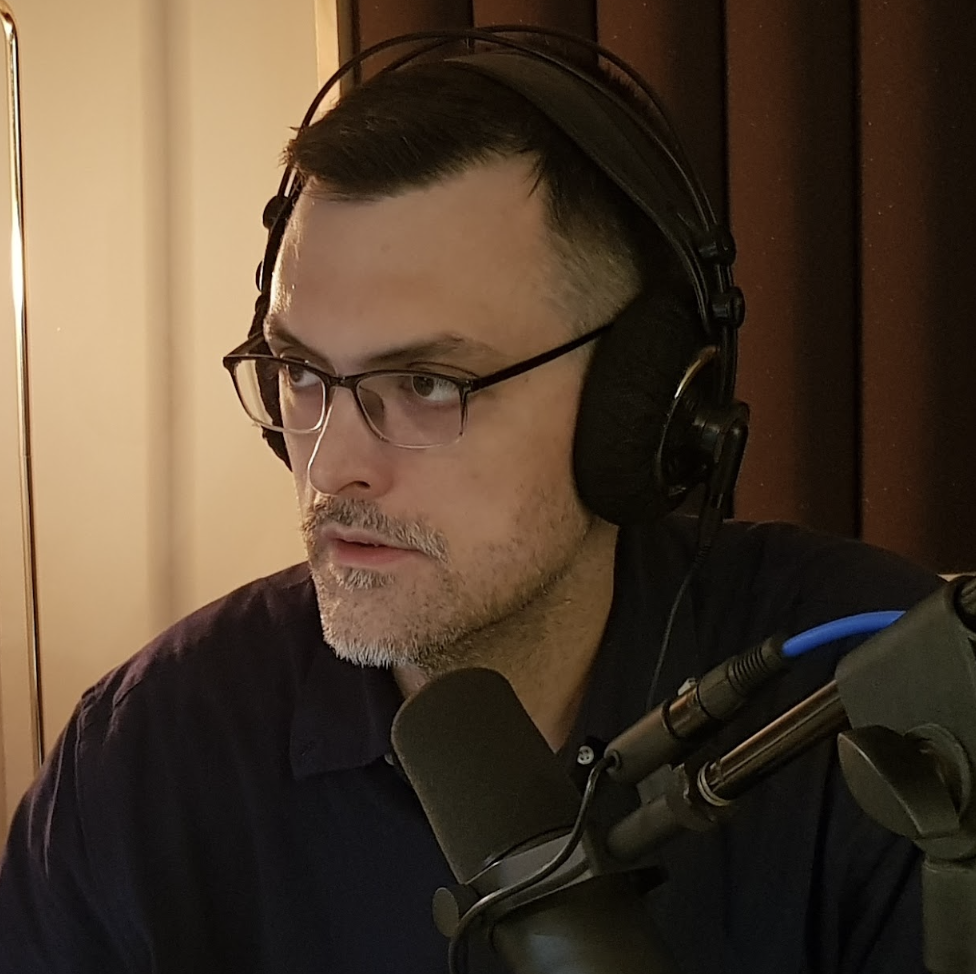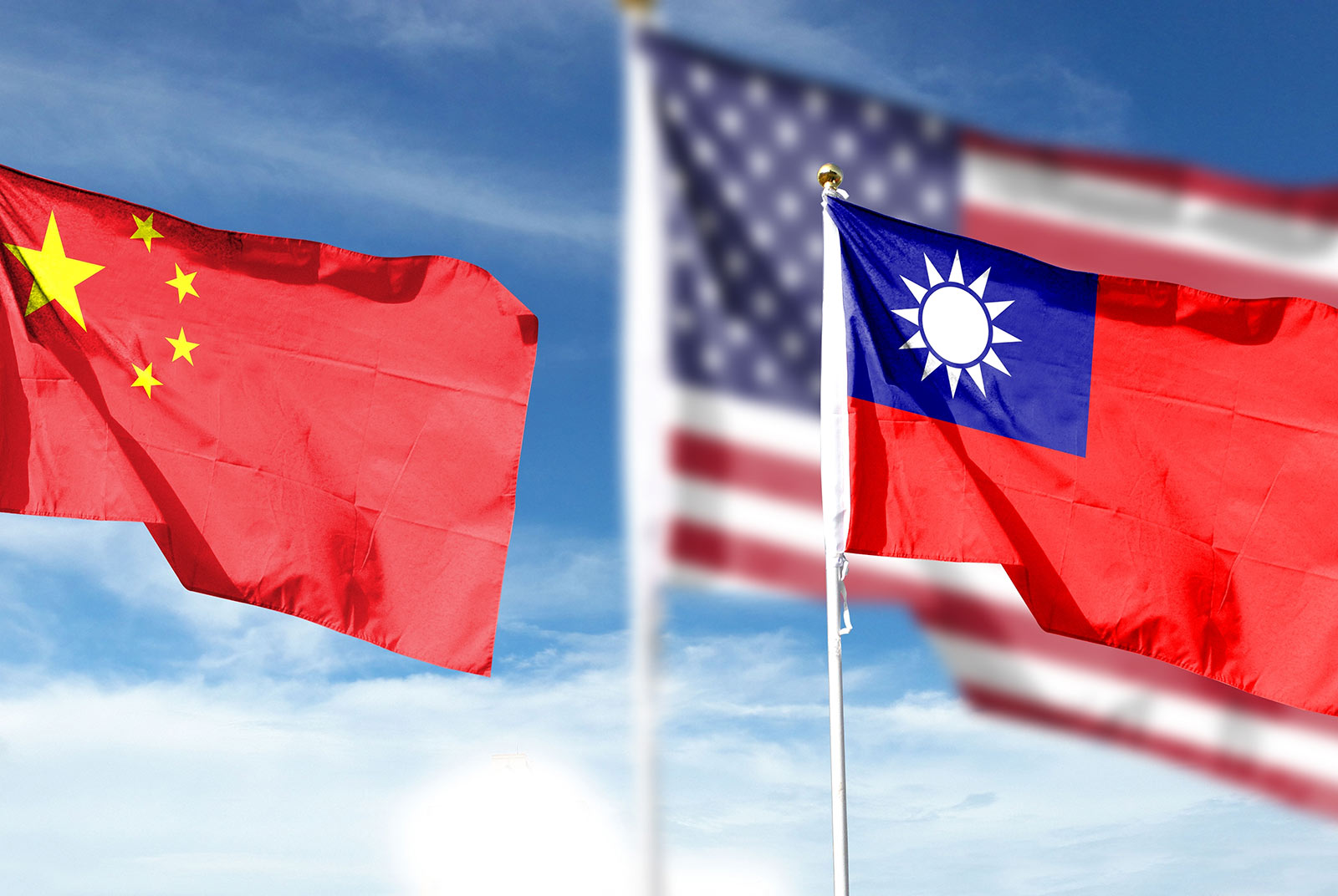What producing the Formosa Files podcast has taught us

Source:shutterstock
In this op-ed on creating the Formosa Files podcast, John Ross and Eryk Michael Smith discuss their exploration of Taiwan's history and the challenges faced by people throughout the centuries. And what has this podcast taught them along the way?
Views
What producing the Formosa Files podcast has taught us
By John Ross, Eryk Michael Smithweb only
You’re living in Taiwan in 1895 and the Japanese army is steaming towards the island to take possession. What do you do – resist the new rulers, accept them, or move overseas?
This is the kind of tough choice people faced in past centuries, in addition to frequent life-and-death hardships and problems of survival. With the Formosa Files podcast, we try not to be judgmental, not to hold historical figures to modern standards, and to see things in the context of the times.

When we (John Ross and Eryk Michael Smith) first began recording the Formosa Files podcast in 2021, it was something of an experiment. Was Taiwanese history too niche a subject for people around the world? How would listeners react to a non-chronological storytelling approach? To our relief, we found an eager and appreciative audience hungry for our history stories. Thankfully, with the continued support of our sponsor, the Frank C. Chen Foundation, we’ve been able to maintain a weekly schedule of releases.
After doing more than 120 episodes and interviews, we’ve now reached people in well over 100 countries and gotten feedback from surprising places, including from Chinese people living in the People’s Republic of China.
After three seasons, we’ve learned a lot. Although by world standards we cover a relatively short time span – the roughly 400 years of Taiwan’s recorded history, 1600–2000 – we’ve found that there is an endless supply of good stories.
Taiwan's history is like a huge lake full of fascinating material, its water constantly renewed with new research, publications, discoveries, museums, and exhibitions. Moreover, the research we do for each Formosa Files episode sparks ideas for at least two more episodes. We never need to worry about what topic we can cover next – we always have numerous stories whispering in our ear.
In fact, there’s an overload of historical material available. This is where storytelling skills come to the fore, transforming distant events into relatable experiences. We want to make the past feel vivid and to place listeners in the shoes of the historical protagonists. Rather than a series of predestined points on a linear trajectory, history is messy – so many alternate possible outcomes could have happened. What if the United States had not closed down the ROC’s secret nuclear weapons program, what if Koxinga had not expelled the Dutch from Taiwan, what if Chiang Kai-shek had abandoned the Kinmen and Matsu islands?
While Formosa Files is focused on the history of Taiwan, we’ve found that many of our stories have a global component. Of course, it’s to be expected that Taiwan history would be packed with stories of regional interactions, whether cultural ties with Fujian or military expeditions from Japan, but there are so many unexpected global connections. For instance, disputes in northern Vietnam leading to French forces fighting here during the Sino-French War of 1884-85, and breakthroughs in industrial chemistry in Victorian Britain leading to wars in Indigenous areas (finding new uses for camphor created a greater demand for incursions into Taiwan’s mountains).
Our three seasons of Formosa Files have shown us how personal the podcasting medium is. Listener feedback and engagement has been wonderful. There’s a certain closeness to the audience that comes from the intimacy of hearing the human voice, especially when the content is informal and fun. Also, the regular weekly release makes the podcast a habit, a part of people’s schedules.
We both love history but, paradoxically perhaps, our deep immersion into the past has given us a greater appreciation for the present. There’s a strong human tendency for nostalgia, to reminisce about the “good old days” of one’s youth, or to harken back to a Golden Age – did not Confucius himself recall an idealized time of sage-kings during the Zhou dynasty? But to study history is to realize how lucky we are today.
(This piece reflects the author's opinion, and does not represent the opinion of CommonWealth Magazine.)
About the author:

John Ross is the author of Taiwan in 100 Books (2020) and several other titles. He co-founded the publishing company Camphor Press, which specializes in English-language books on Taiwan, China, and the greater East Asian area. He is also a journalist and photographer.

Eryk Michael Smith has worked as a journalist for media outlets in Taiwan and abroad, including The News Lens and Fox News Digital. While living in Taipei, Smith was a broadcast journalist for the island's English-language radio station ICRT and now works from Kaohsiung as a Southern Taiwan correspondent.
Both John Ross and Eryk Michael Smith have lived in Taiwan for well over 20 years, and are permanent Taiwan residents.
Have you read?
- Taiwan can lead only if it cultivates world-class talent
- Are AI communications hurting your business?
- Taiwan’s road to CPTPP membership
Uploaded by Ian Huang






